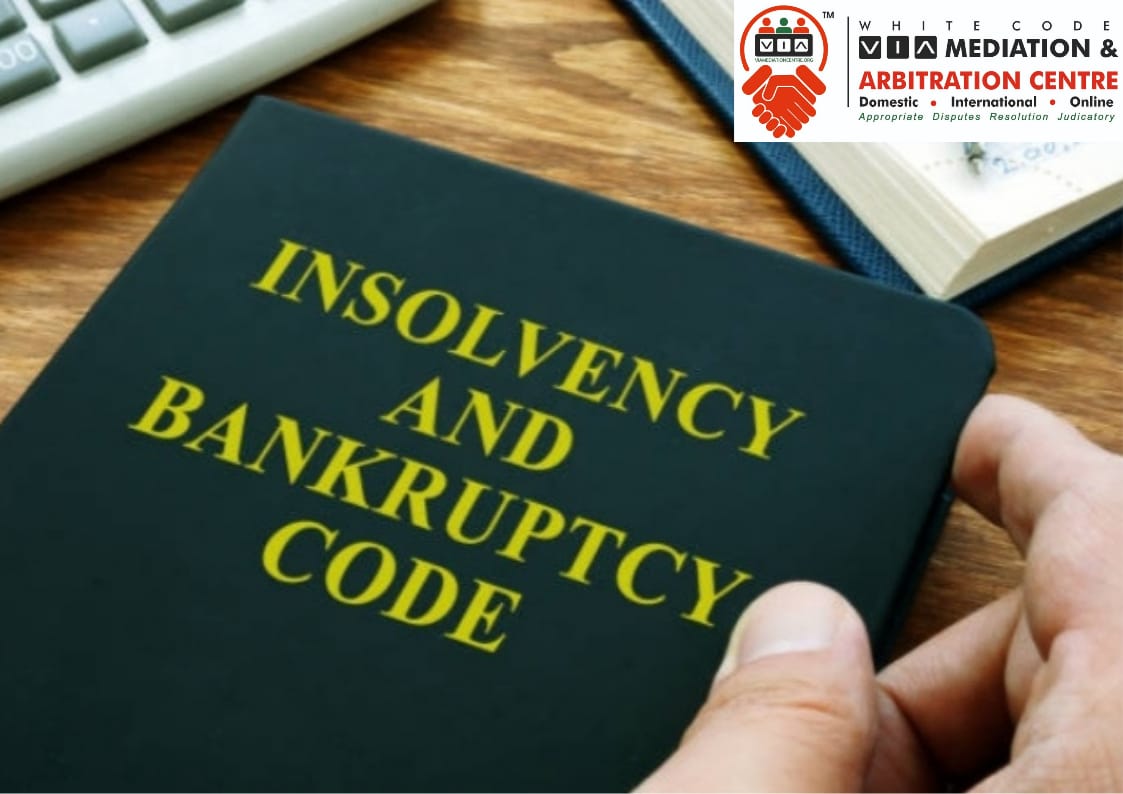Latest News
ILLEGALITY IN ARBITRAL PROCEDURE

ILLEGALITY IN ARBITRAL PROCEDURE
Section 34(2)(a)(v) provides that an award can be contested if the composition of the Tribunal is not in compliance with the agreement, the procedure accepted by the parties has not been followed in the course of the proceedings, or the procedure provided for by the Act has not been followed in the absence of an agreement as to the procedure.
Procedural misconduct is the failure to obey the approved protocol or the procedure prescribed by the Act. If the arbitral tribunal takes up a matter that is obviously outside the reach of its jurisdiction, the arbitrator's misconduct would be equal. An award in which the arbitrator has knowingly deviated from the terms of reference and an arbitration agreement would result in the arbitrator's misconduct.
Section 12(3)(a) specifies that if there is justifiable doubt as to its independence or impartiality, the arbitrator can be questioned. Section 13 states that if the challenge is not successful and the award is made, under Section34, the party challenging the arbitrator can apply to the court to set the award aside.
In-State Trading Corp. v. Molasses Co., the Bengal Chamber of Commerce, a permanent arbitral agency, did not allow a corporation to be represented by its Law Officer, who was a full-time employee of the company. The Court held that it was not only the arbitrator's misconduct but also the arbitration proceedings that were incorrect.
"As discussed earlier in the case of Bathinda Central Co-operative Bank, the court noted that "it is a common case where the arbitrator misconducts the proceedings and misconducts himself as well. A complete go bye was granted to the provisions of law, procedure and rules of justice.
In ONGC Ltd v. Saw Pipe Ltd, the Supreme Court held that the Arbitral Tribunal does not act in violation of any provisions of substantive law or the provisions of the Act while exercising jurisdiction. The composition of the Arbitral Tribunal should be consistent with the agreement in Section 34(2)(a)(v) of the Act. The process that the arbitrator is expected to follow should also be in compliance with the agreement. If such an arrangement does not exist, then it should be in compliance with the process provided for in Part 1 of the Act.
In the case referred to above, the losses due to delay were deducted from the supplier's bill. The Arbitral Tribunal's instruction that such an interest deduction should be refunded was held to be neither in compliance with the law nor with the contract. To that point, the prize was set aside.
In Union of India v. Om Prakash Baldev Krishna, it was held that, as provided for in Section31(3), a non-reasoned award is liable to be set aside by the court, which requires that the arbitral award must state the reasons on which it is based unless the parties have unanimously agreed that no reasons should be given.
Other instances of wrongdoing in the proceedings include ex parte proceedings without adequate cause; denial of opportunity to the parties; acting against the mandate granted under the agreement to the arbitrator; failure or inability to consider the respondent's counter-claim, etc.
This Article Does Not Intend To Hurt The Sentiments Of Any Individual Community, Sect, Or Religion Etcetera. This Article Is Based Purely On The Authors Personal Views And Opinions In The Exercise Of The Fundamental Right Guaranteed Under Article 19(1)(A) And Other Related Laws Being Force In India, For The Time Being.
- Section 34(2)(a)(v)
- Section 12(3)(a)
- State Trading Corp. v. Molasses Co, ONGC Ltd v. Saw Pipe Ltd, Union of India v. Om Prakash Baldev Krishna






























































































































































































































































































































































































































































































































































































































































































































































































































































































































































































































































































































































































































































































































































































































































